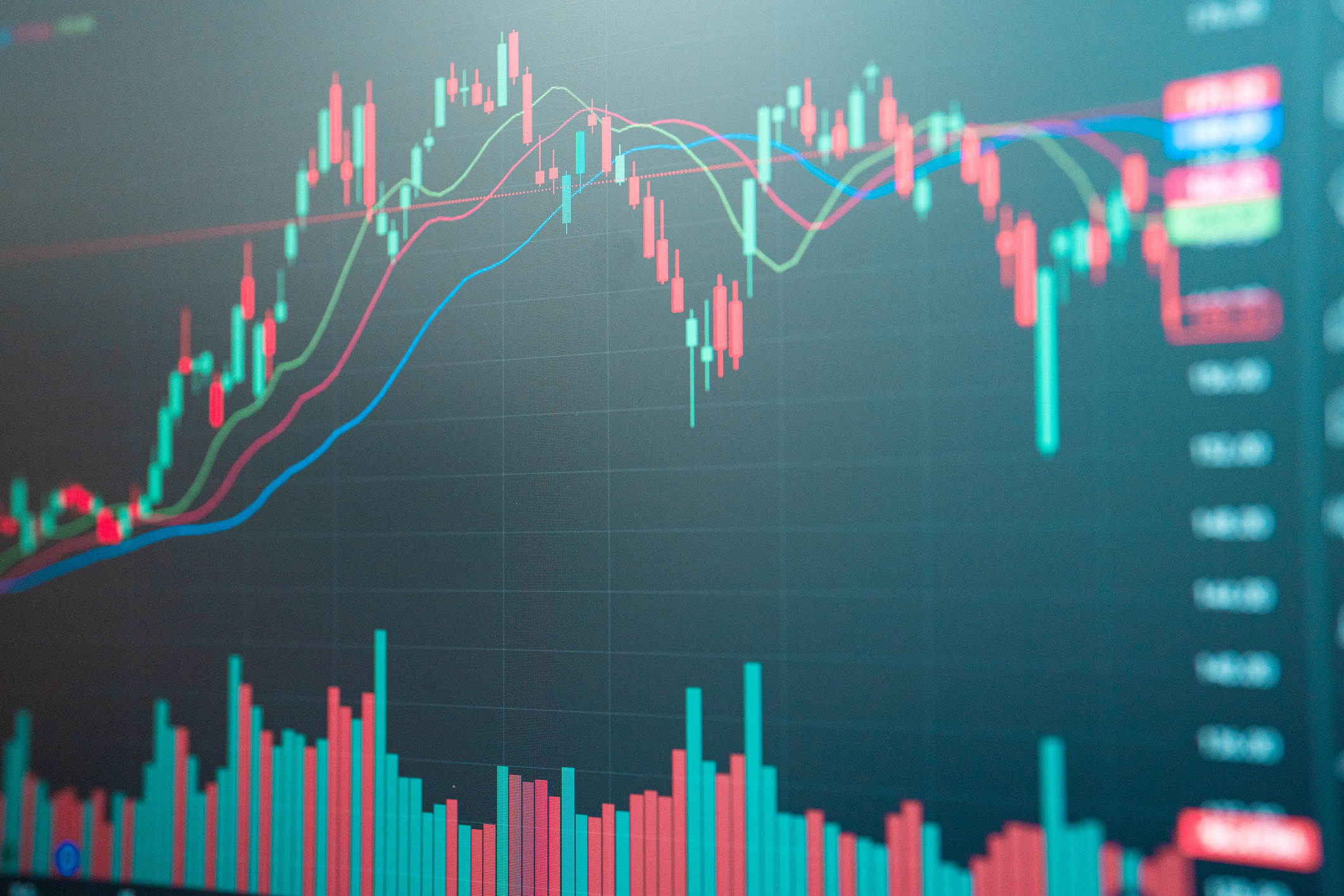
Stocks went in different directions again Tuesday, only this time, it was the blue chip Dow Jones Industrial Average that lagged. Indeed, a bounce in tech stocks helped the S&P 500 and Nasdaq Composite snap their three-day losing streaks.
Heading into Tuesday's trading, Nvidia (NVDA) had shed nearly 13% since hitting an all-time closing high on June 18, giving back more than $430 billion in market value and entering correction territory along the way. But today, the chipmaker resumed its market-beating ways, adding 6.8% as Wall Street bought the dip, regaining $197 billion in market cap.
Nvidia's bounce boosted other large-cap tech stocks, including Arm Holdings (ARM, +6.3%) and Taiwan Semiconductor Manufacturing (TSM, +2.9%).
As a result, the Nasdaq (+1.3% at 17,717) and S&P 500 (+0.4% at 5,469) notched solid gains. However, the Dow Jones Industrial Average fell 0.8% to 39,112, as retail stocks Home Depot (HD, -3.6%) and Walmart (WMT, -2.2%) declined.
Boeing sinks on Airbus profit warning
Boeing (BA) was also one of the worst Dow Jones stocks today, shedding 2.2% after rival Airbus cut its 2024 EBITDA (earnings before interest, taxes, depreciation and amortization) forecast and said it will miss its annual delivery target due to supply chain issues.
In other Boeing news, a Bloomberg report indicated the company has offered to buy airplane manufacturer Spirit AeroSystems (SPR, -4.0%) for $4.08 billion, or $35 per SPR share.
Carnival pops on beat-and-raise quarter
Elsewhere, Carnival (CCL) jumped 8.7% after the cruise operator beat top- and bottom-line estimates for its fiscal Q3 and hiked its annual profit forecast for the second time this year on strong demand trends.
"While early, cumulative booked position for full year 2025 is even higher than 2024 in both price (in constant currency) and occupancy," Carnival said in its earnings release.
Consumer confidence slips in June
Meanwhile, on the economic calendar, The Conference Board said its Consumer Confidence Index slipped to 100.4 in June from May's reading. The data showed "strength in current labor market views continued to outweigh concerns about the future," said Dana Peterson, chief economist at The Conference Board.
"Although consumers became a bit more cautious about the future, they feel pretty good about the present situation," says Jeffrey Roach, chief economist for LPL Financial. "Inflation expectations improved, incomes seem stable and consumers feel good about the job market."
This makes Friday morning's release of the May Personal Consumption and Expenditures (PCE) Price Index – the Fed's favorite measure of inflation that tracks consumer spending – all the more important.
Markets could get choppy if the data come in hotter than expected, Roach adds.







